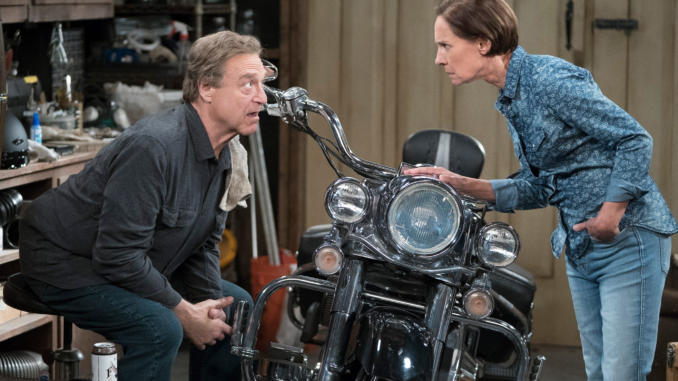
When Roseanne first aired in 1988, it quickly became one of the most groundbreaking sitcoms in television history. The show, centered around the everyday lives of the working-class Conner family, struck a chord with viewers who had rarely seen their own struggles and triumphs portrayed so authentically. But after the sudden and controversial departure of Roseanne Barr in 2018, Roseanne underwent a massive transformation, evolving into The Conners—a show that continues to reflect the real-life struggles and victories of modern American families.
Roseanne was never just a sitcom; it was a mirror of American life, unflinchingly showing what many families were going through. It was a series that didn’t shy away from addressing tough topics like economic hardship, addiction, mental health issues, and the complexities of family dynamics. The humor wasn’t always lighthearted, and the situations weren’t always idealized—Roseanne was raw, real, and, most importantly, relatable.
When Roseanne Barr was removed from the show in 2018 due to controversial comments, many doubted whether The Conners could carry on without its namesake. But the show’s writers and cast decided to continue the series without Barr, choosing instead to kill off Roseanne Conner’s character. This dramatic shift was the beginning of a new era for the show, where The Conners evolved to reflect even deeper societal issues while maintaining the sharp wit and honesty that fans loved.
In The Conners, the focus expanded beyond just Roseanne. The show continued to explore the lives of the Conner family—particularly the struggles of the working class. Now, the show delves more into mental health, gender roles, and even grief. The sudden death of Roseanne allowed the show to address loss in a way that many families can relate to. The show no longer just dealt with everyday family life; it became a poignant examination of resilience and survival, a theme that resonates strongly with viewers.
What’s truly remarkable is that, even after such a drastic change, The Conners retained its authenticity. It continues to highlight the emotional and financial struggles that so many families face while still maintaining its comedic edge. The transition from Roseanne to The Conners was more than just a change in the show’s structure—it was a necessary reinvention to remain relevant in a time when American families are still navigating so many challenges.
The evolution of the show is a testament to the resilience of its creators and its audience. The Conners is still going strong, proving that sometimes, a show’s legacy is not defined by the characters it loses but by the ones that remain and continue to fight, love, and survive. It’s a show that still speaks to the heart of America, and its ability to adapt to the times makes it as important as ever.
